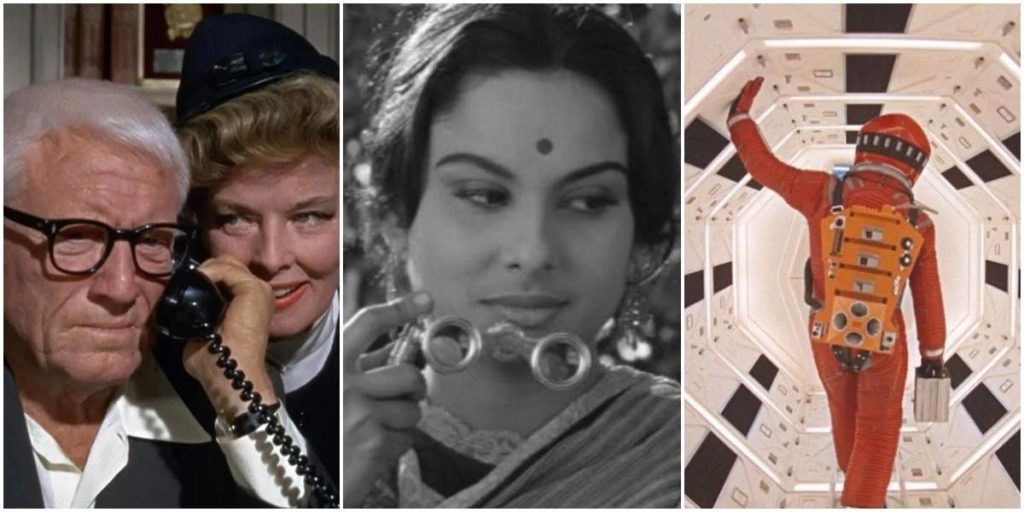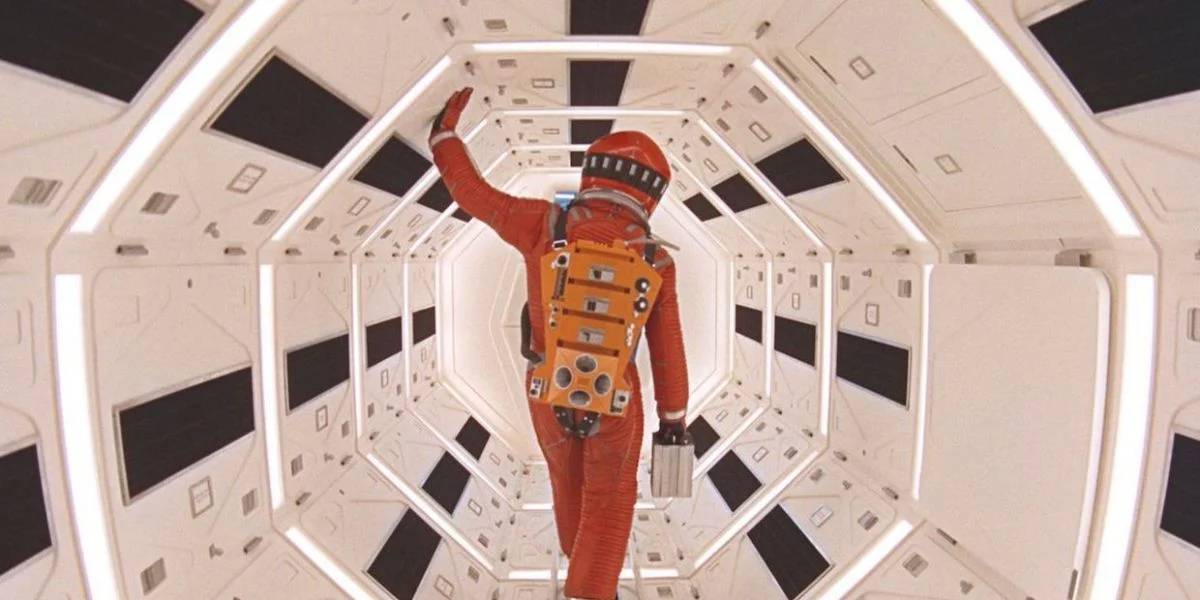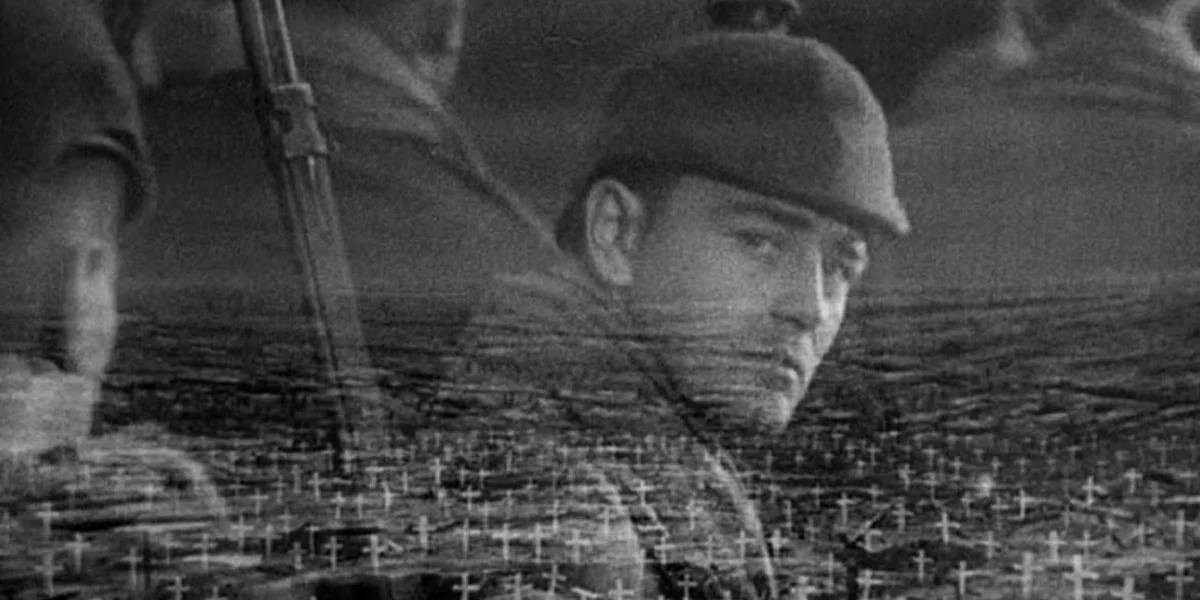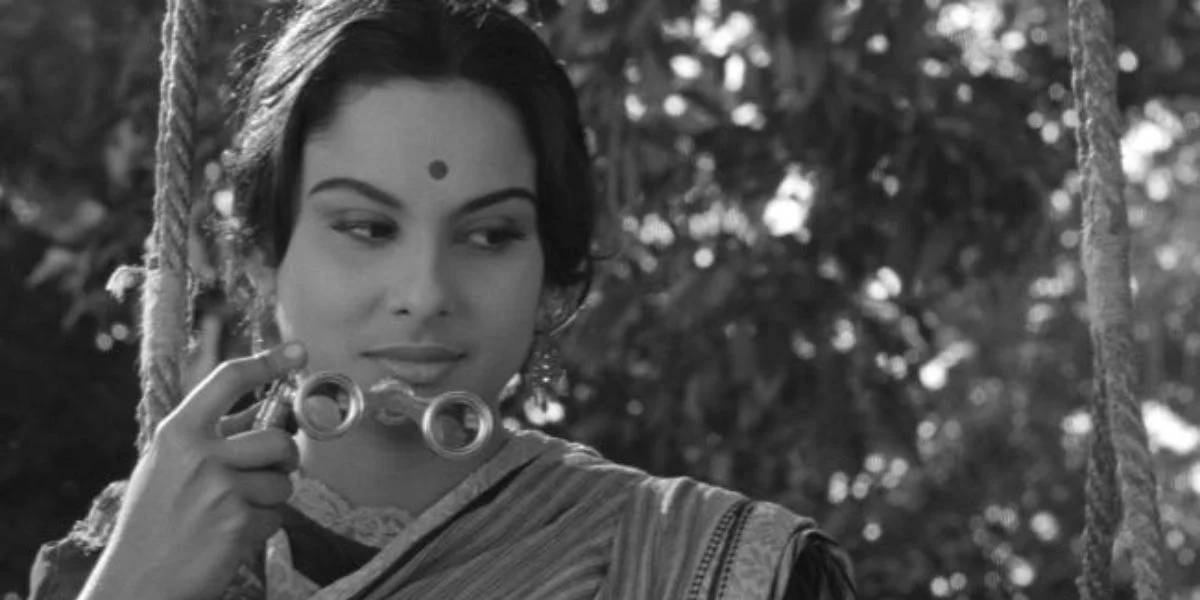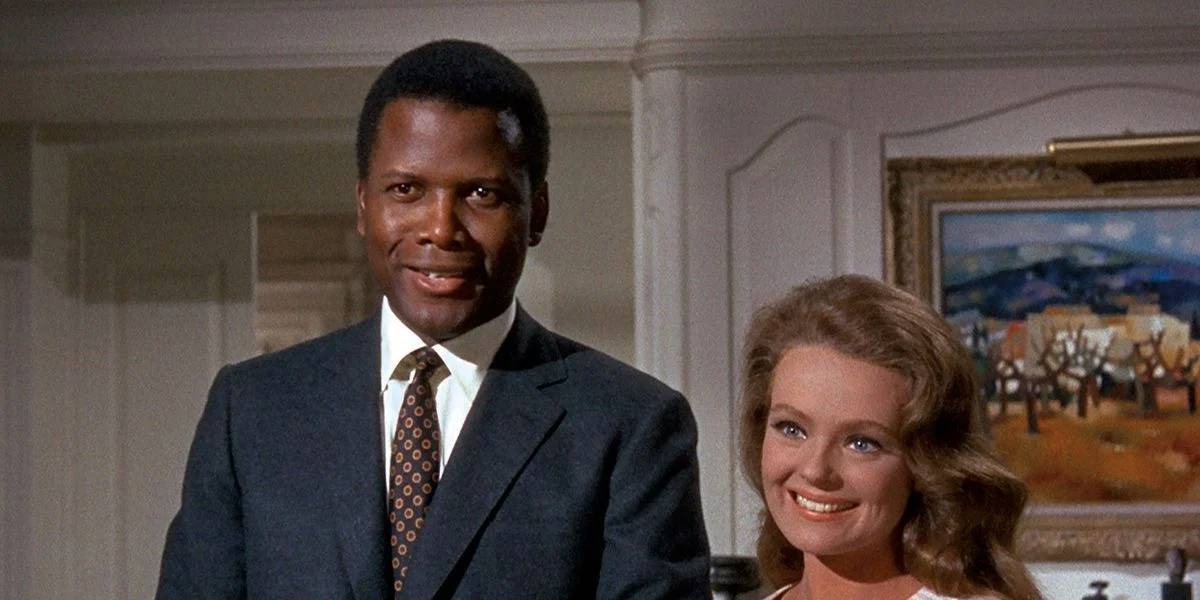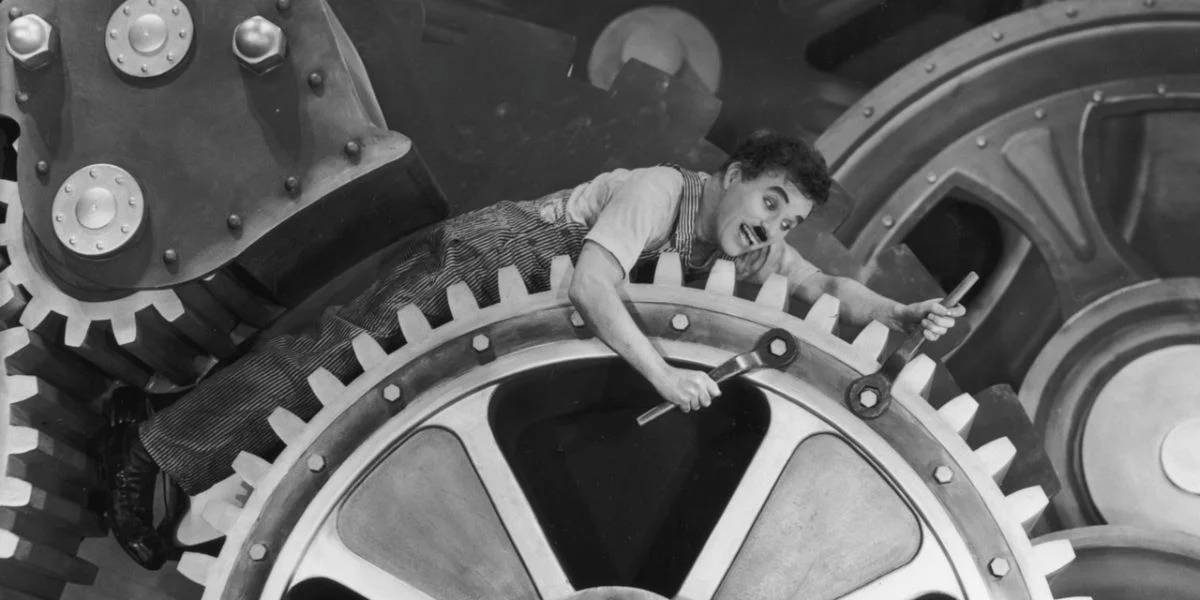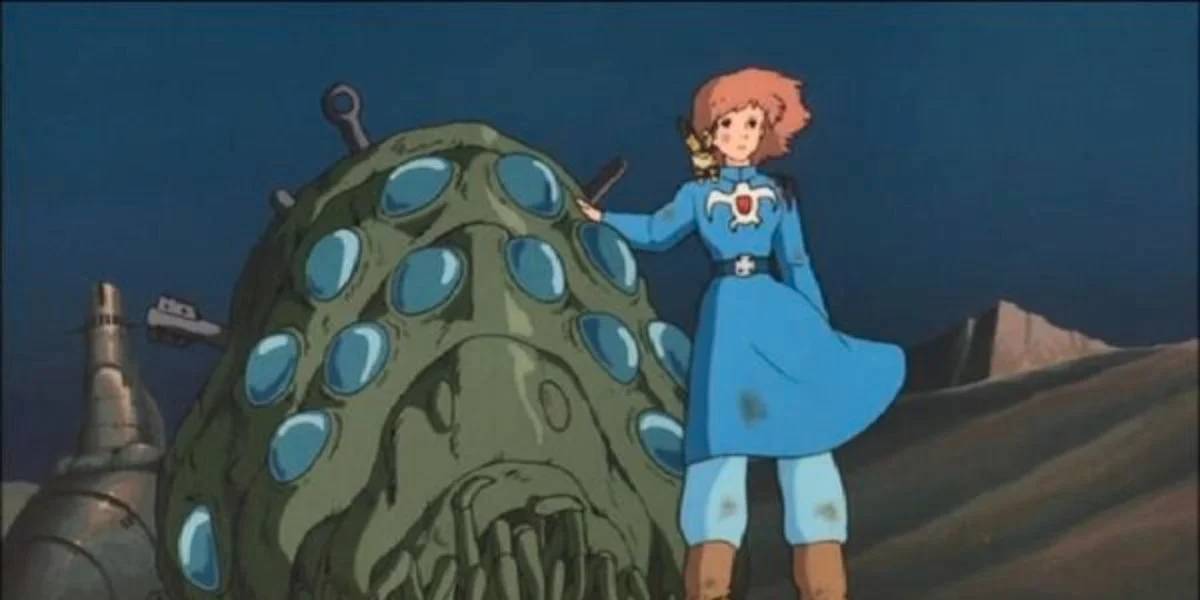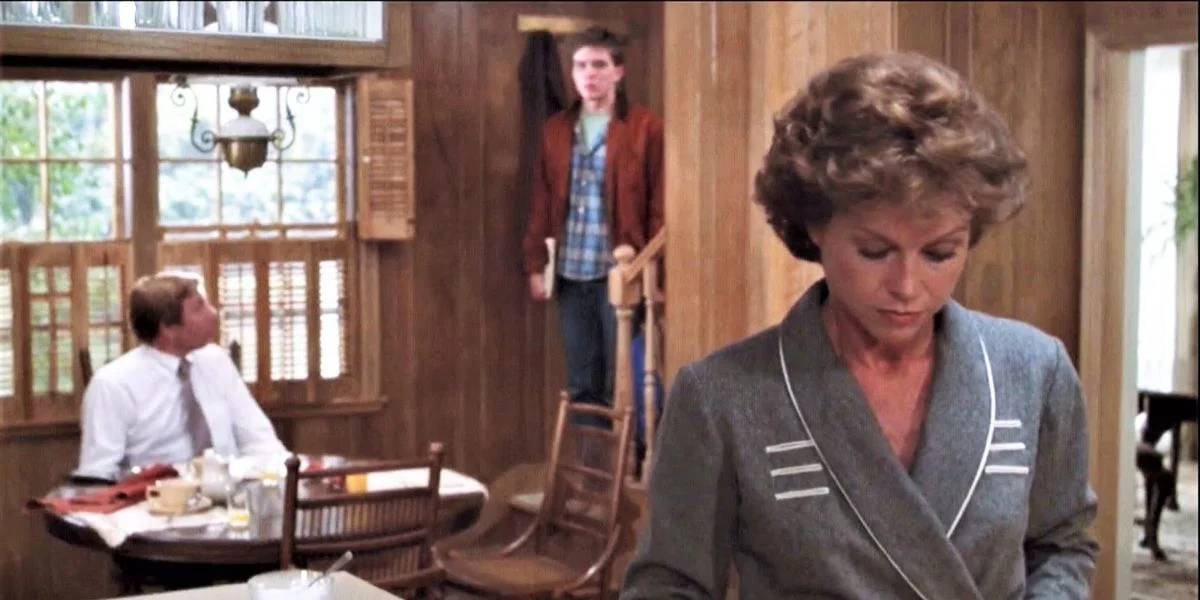Film is a distinct art form, and art is frequently employed to make a point. The statement underlying any film, whether political, personal, or social, is what gives the picture its importance. The most significant films are those that address taboo subjects, such as racism, ableism, sexual fluidity, and mental health, which are all pervasive but under-reported.
These issues were all highly controversial for the most of the twentieth century, yet it didn’t stop artists from delving deeper into them. The most impactful films are sometimes those that were the most radical when they were released.
‘2001: A Space Odyssey’ (1968)
Did you really think we’d get through this list without at least one Kubrick film? This science fiction classic is one of Stanley Kubrick’s best-known works, not only for its introspective themes but also for its inventive use of miniature sets to recreate spectacular space views.
Form is everything in…A Space Odyssey. Yes, it raises the question of how much technology is too much and whether people are becoming overly evolved, but the actual beauty of the picture lies in the inventive ways in which the filmmakers crafted the space landscape. These techniques influenced a slew of future sci-fi adventures, and they did so without using CGI. The how of the film lends itself to the what of the film, which is the theme. Is so much technology truly required to make something amazing? This masterpiece was not the reason.
‘All Quiet On The Western Front’ (1930)
Let’s have a look at one of the most well-known anti-war documentaries. All Quiet on the Western Front was a highly divisive film that was released after WWI but before WWII. It tells the narrative of a young German enthusiast who enthusiastically joins the war effort but is devastated by the horrors he experiences while fighting.
Erich Maria Remarque, a WWI veteran, wrote the novel, which addresses the cruelty of battle as well as the long-term impacts veterans face as they struggle to transition to civilian life after the war. Although PTSD had not yet been identified when the novel was written, it is now known as PTSD. The Nazi party outlawed both the film and the novel because they clearly promoted anti-war sentiment. Everyone should see this masterpiece, which is one of the most influential anti-war films ever made.
‘Charulata’ (1964)
This timeless romance isn’t as well-known as it should be, but that doesn’t mean it’s any less significant. Charulata (Madhavi Mukherjee) is a boring housewife who falls in love with her husband’s cousin after connecting with him via art and literature.
Charulata portrays an incredibly engaging female lead while exploring the oppressive nature of married life on women in the 1960s. To her cousin-in-amazement, law’s Charulata is exceptionally well-versed in literature, art, and philosophy, and she is a better writer than both her husband and her husband’s cousin. The picture moves at a glacial pace, maybe to reflect Charulata’s mundane daily life, yet it isn’t boring in the least. The cinematography and direction are equally impressive, with numerous unique shots contributing to the creative masterpiece. Charulata is a film that every cinema buff should see at least once.
‘Guess Who’s Coming To Dinner’ (1967)
Guess Who’s Coming To Dinner isn’t just about racism; it’s also about liberal hypocrisy and the capacity to stick to your guns. Blatant racism is publicly discussed in 2022, but structural racism, which leads to racial prejudices in all people regardless of political affiliation, is buried much deeper.
When Joey (Katharine Houghton) brings her fiancé, John (Sidney Poitier), home to meet her liberal parents (Katharine Hepburn and Spencer Tracy), the older couple must confront deeply seated prejudices they were unaware of. While Joey embraced her parents’ belief in equal rights for all, her parents realize they may not be as open-minded as they believed when the opportunity to prove their allyship arose. This film is extremely timely given the current political situation and should not be missed. Many subsequent societal observations, notably Jordan Peele’s horror classic Get Out, were influenced by it.
‘Modern Times’ (1936)
Considering how often this film was presented in class, it appears that only a small percentage of students understood its meaning. This radical comedy about the detriments of industrial society to the social soul and the long-term impact it has on members of the working class was written, directed, and featured Charlie Chaplin.
The message was revolutionary at the time, but the film’s imagery is what really makes it. The Tramp’s (only credited as “A Factory Worker” in this picture) humorously desperate attempts to keep up with the fast-paced work environment of mass manufacturing cause him to get sucked into a gadget and become a cog in the machine. The two lowlifes team up with a young homeless woman known only as “A Gamin” and embark on a series of adventures while challenging the status quo. Without a doubt, one of the most impactful silent pictures ever made.
‘Nausicaä Of The Valley Of The Wind’ (1984)
Hayao Miyazaki published Nausicaä of the Valley of the Wind, a breathtakingly beautiful story about the effect of nuclear warfare and over-industrialization on the Earth’s delicate ecosystem, before environmentalism was a topic widely debated in the consumer-driven society of the 1980s.
As pacifist Nausicaä (Sumi Shimamoto) tries to prevent two warring nations from further ruining their dying planet, she must also learn to live with mutant, huge insects whose aggressiveness is primarily due to violence perpetrated by humans. Hayao Miyazaki has created numerous stunning films, but ‘Nausicaä’ is a visual masterpiece as well as a profound message, bordering on spiritual in nature.
‘Ordinary People’ (1980)
Even in today’s society, the long-term impacts of grieving are frequently disregarded. With so much pressure to “move on” from terrible occurrences, few people consider how seemingly minor episodes can have a big impact on family members, and thus the family as a whole, and this is where Ordinary People excels.
Following the death of a well-to-do family’s firstborn son, the parents’ reluctance to express their grief openly puts immense burden on the remaining youngster (Timothy Hutton), who suffers from guilt, sadness, anxiety, and suicidal impulses. Dr. Berger, the therapist who strives to draw out the repressed emotions Conrad (Hutton) has pent up, is played by Judd Hirsch, and this film was one of the first to promote the significance of mental health and the advantages of therapy. Donald Sutherland plays the overworked father who is desperately trying to put things together. Mary Tyler Moore plays the heartbroken and estranged mother. Every actor gives an outstanding performance, and the film is an introspective look at the darker side of suburban family life.

